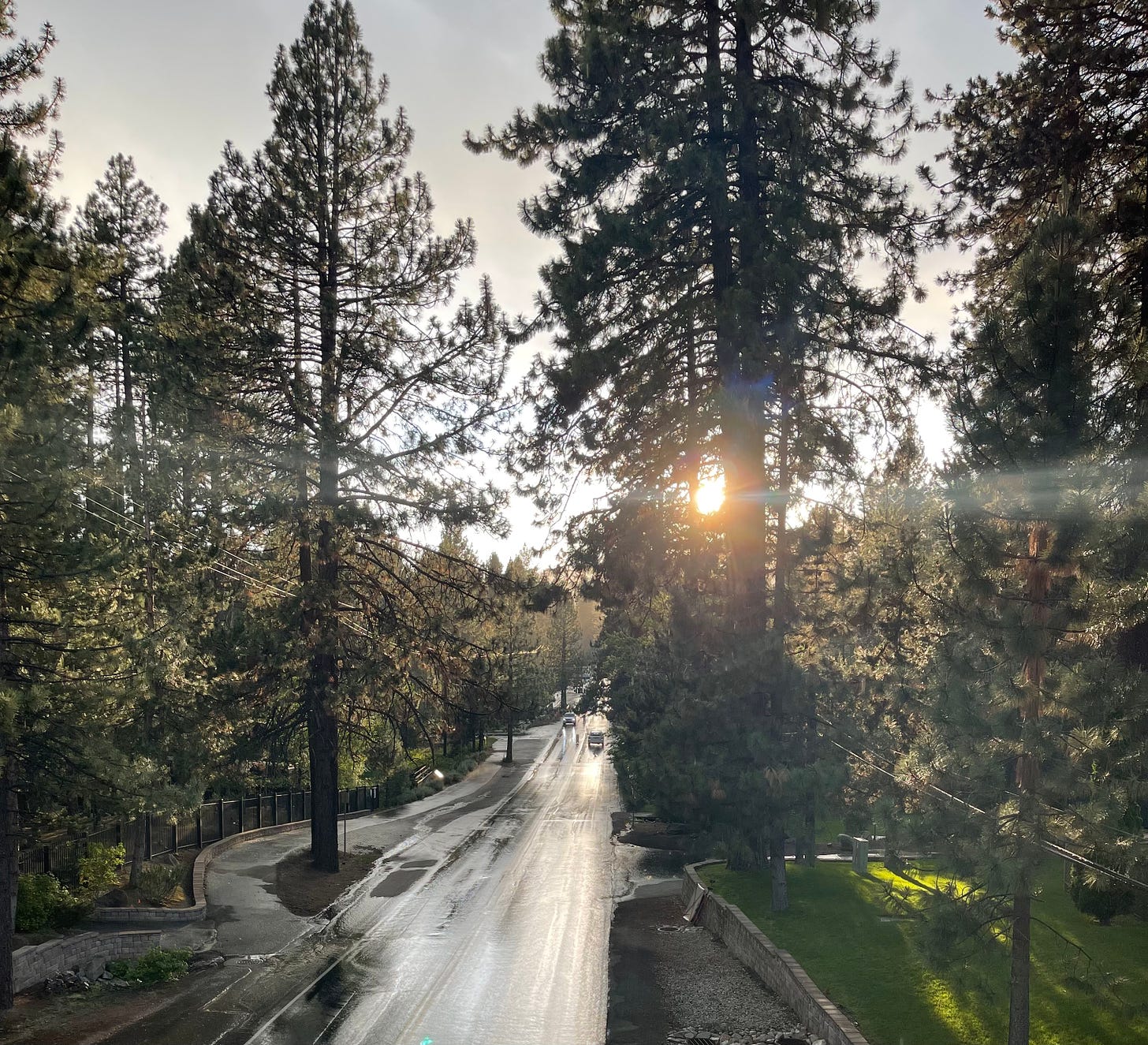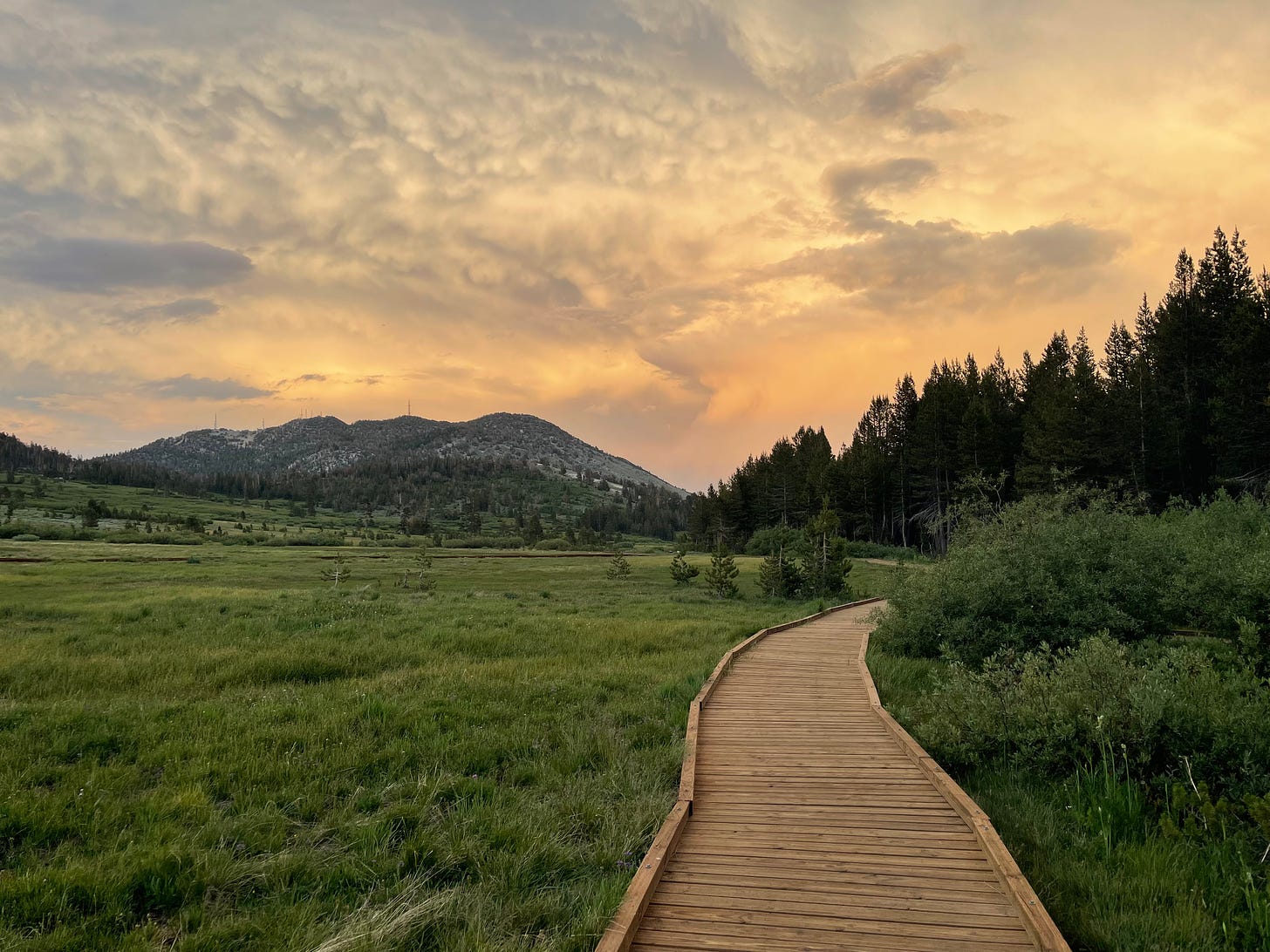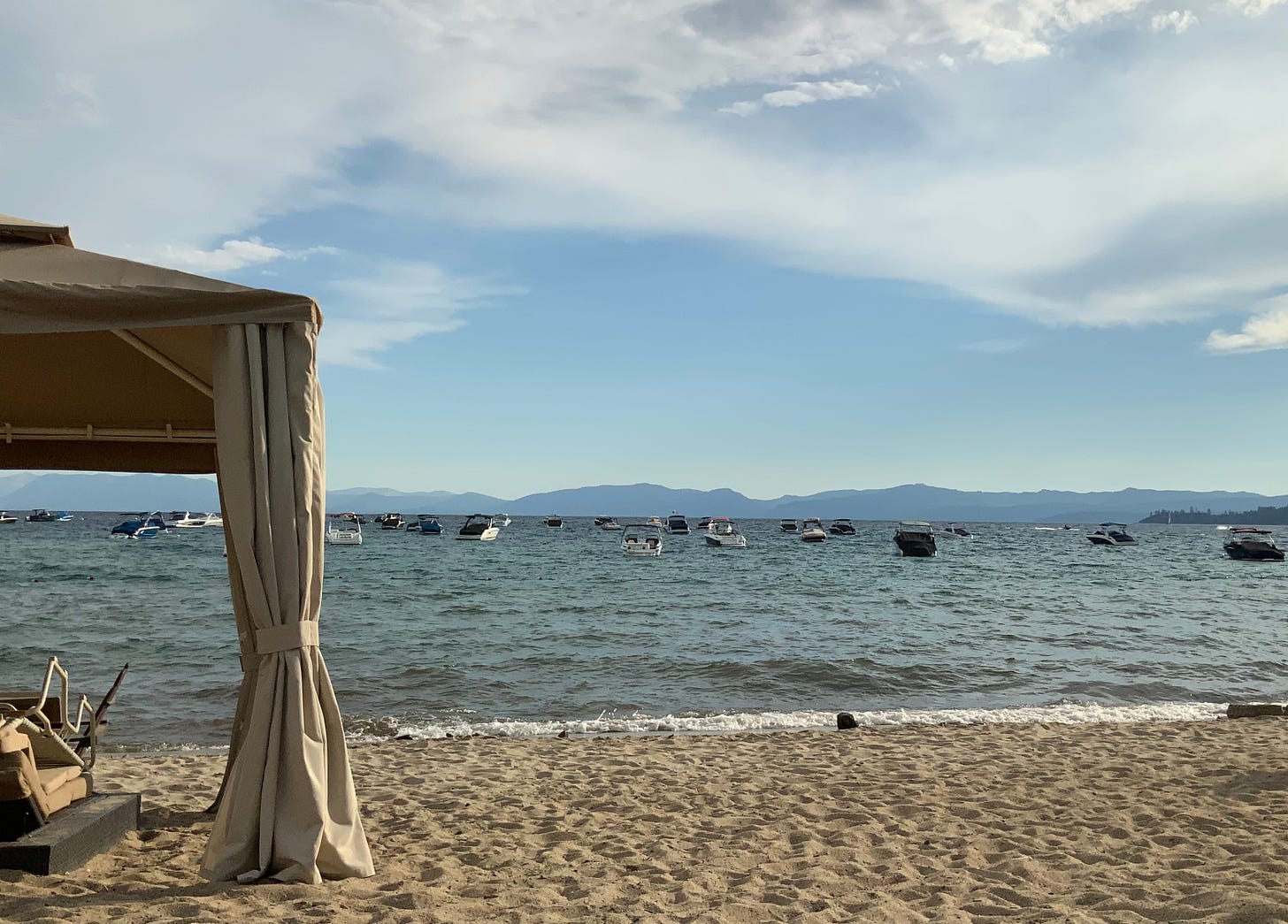All,
I have not posted to you in a week. This is a profound aberration for me, both because I promised you a post and because writing is how I process reality. Have I not had anything to process publicly? Have I not thought anything that is relevant to my audience?
Well, yes and no. I should say upfront that I have nothing to write about politics or polling today — not because nothing comes to mind, but because I don’t want to. If you are looking for an analysis of the recent mayoral primary in New York or comments on recent Supreme Court rulings, you can send this letter to your archives. Instead, I want to reflect on how I work; why I do the job I do, and what I find rewarding about it. I think the answer may surprise you.
Doing political statistics — loosely defined — has a straightforward enough appeal. Once acquainted with social science methods, it is impossible not to see imperfections in commentary and analysis of politics and the news, and to want to correct our collective understanding of events and behaviors. I receive a deep intellectual reward from solving problems others have hypothesized about, often incorrectly, and from giving voice to the public opinion — our sovereign seat of government. This is not to say that the benefit is in being contrarian. Instead, the benefit is in putting us on a collective path towards understanding “the truth”, whatever it may be. Understanding how people vote, and get denied from doing so, for example, may have helped the Supreme Court make the right decision in their recent ruling against advocacy groups that claimed Arizona’s election laws had disparate racial impacts and should have been struck down under the Voting Rights Act. (More on that when I’m back.)
But, like many journalists, I have a recurring, nagging feeling that I simply fell into my beat. Is there something about politics that is more rewarding than other writing? For many, being close to the seat of power is enough to make the job seem thrilling. Others feel a sense of duty to hold the powerful to account. Those are good reasons to write; but is writing about electoral strategy and political behavior serving the same function? Or is it just easy? Do I just do it because someone hired me to do it, before I explored other options?
Were I to launch into an earnest attempt to answer these questions today, we would find ourselves in the midst of a meandering and rambling post. I would also probably come up short. So let me tell you why I titled this post what I did, and we’ll circle back to the fulfillment of applying statistical analysis to politics shortly.
Like many writers, I drew inspiration from my own life. I have a bad back stemming from very tight leg muscles, specifically my lower quadriceps and hip flexors. A physical therapist told me to walk backwards to relieve the pain and reorient my hips, releasing some of the pressure on my back and helping to loosen my legs. (I should also do more yoga, they said, which I’v been trying to do since I was 17.)
This is “funny” — as in “coincidental” — because I’ve been reading a lot about the philosophy of walking recently, especially in relation to productivity and creativity. A body at rest is a mind at rest, some pompous philosopher once said. (Jean-Jacques Rousseau famously died while walking; struck by a carriage and a bounding Great Dane, he suffered a stroke and passed a few weeks later). And people like to talk about how the pre-Socratic Greek philosopher Thales fell into a well while staring at the sky. (That may not have actually happened.)
There is some truth to the maxim, though. I have found that taking regular walks — without my phone or other distractions, of course — has increased idea generation and refocused my mind. Scientific studies have affirmed this anecdote in finding a relationship between walking and creativity.
So here is a picture I took on a walk in the mountains just north of Lake Tahoe yesterday. The elevation was a cool 8,400 feet, the temperature a pleasant 69°, and the mood reflective of what I really find rewarding about the work I do.
Taking the advice of the physical therapist, I turned and walked backwards up the mountain. I instantly tripped and fell. This is not important, I just think it’s funny.
The significance of the direction and location of the walk lies in my break from real work. Political statistics is fun. I get to myth-bust and study voter psychology, and produce insights for a mass audience that otherwise wouldn’t be exposed to the discipline. But it is also hollow in some respects. It is not that impactful; I do not shape the conversation about politics, often finding myself shouting into the void with little ability to correct the conventional assumptions of the conventional wisdom. And life is not all about politics. The relationship between people and their government is important, of course, but I am not solving any great problems of social contracts by prognosticating about elections or distilling polling data into probabilities.
The poet D. H. Lawrence, 20th-century techno-pessimist and intellectual ally of some Frankfurt Marxist scholars such as Walter Benjamin, if only in this regard, wrote during the latter stages of his career:
There is no point in work
unless it absorbs you
like an absorbing game.If it doesn’t absorb you
if it’s never any fun,
don’t do it.When a man goes out to work
he is alive like a tree in spring,
he is living, not merely working.
OK, whatever DH — sounds like something someone who really enjoyed their work would say. But the verse will resonate with many of us. For Lawrence, as well as Benjamin and his colleagues in Germany, working was their path to “self-actualization” — writing, specifically, was the path through which the full potential of a Critical theorist was realized. The mastery of oneself is the ultimate product of an economic and social system centered around labour, instead of the “reified” processes that ingrained commodity fetishization into our consciences under capitalist economies. (This all comes from Stuart Jeffries’ group biography of the Frankfurt School men, titled GRAND HOTEL ABYSS. A review of that is coming soon.)
I wouldn’t say I’m a Marxist, but they nail a lot of analysis about about the relationships between work, human relationships, and work.
. . .
Long story short, I am on my honeymoon this week. When I return, I expect to talk through these questions more fully. As I have matured in my view of political processes and the significance of government to our daily lives, I have found an occasional hollowness to the popular analysis of electoral politics and demographic patterns. If I’m being honest to myself and my readers, I got into this because it’s sexy and I’m good at it. Is that a good reason to continue? I have been walking forward — and rather successfully — for a few years now. Is it time to make an about face and feel what it’s like to walk backwards? Specifically, should I write more about the reforms we could make to better realize the promise of self-government? Should I engage in the Critical application of theory and empiricism that many have found evidently unproductive in the past?
I could go on, but it is time to end this post now. I have worked long enough during my break. My wife will wake up from her nap soon and accompany me on a walk to the beach. There, we will relax — by sitting, not walking.







Thank you for sharing your thoughts, Elliott! Congratulations, enjoy your honeymoon!
Best wishes, and long and happy lives, to the newlyweds.